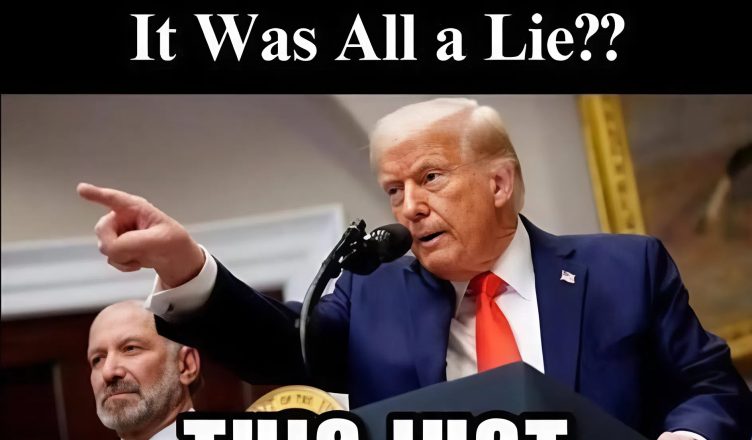In a move that has shocked legal experts, human rights advocates, and immigrant families across the United States, the Supreme Court has delivered a ruling that many are calling nothing short of a “judicial earthquake.” With little fanfare but massive consequences, the highest court in the land has sided with a controversial deportation policy initiated during the Trump administration — one that could change the lives of millions.
This isn’t just a story about legal technicalities or political ideology. It’s a deeply human story — one about fear, hope, heartbreak, and the battle for the right to call a country home. And now, with one swift decision, that hope has been violently shaken.
What Happened?
At the heart of the controversy is a fast-track deportation mechanism once championed by Trump’s team as part of his hardline immigration agenda. The rule allows immigration officials to remove undocumented immigrants from the country without full court hearings if they cannot prove they’ve lived in the U.S. for a minimum period of time — often two years. No trial. No appeal. In some cases, just days between arrest and deportation.
Critics called the policy cruel, unconstitutional, and a direct assault on due process. Many hoped it had been buried with the change of administration. The Biden White House initially paused its implementation, but the legal battle never stopped. And now, the Supreme Court has revived it — giving the federal government sweeping powers to remove immigrants at record speed.
Why Does It Matter?
This ruling isn’t just about immigration enforcement. It’s about the soul of America’s justice system. Thousands — potentially millions — of immigrants live in the U.S. without official status. Many have been here for years, even decades. They work, pay taxes, raise children, and build communities. For these individuals, the ruling is a ticking time bomb.
With this decision, any undocumented immigrant unable to produce sufficient proof of long-term U.S. residence can now be detained and deported almost immediately. No lawyer. No day in court. Just a one-way ticket to a country some haven’t seen since childhood.
What Did the Court Say?
The majority opinion held that Congress has granted the executive branch broad discretion over immigration matters. Unless a law clearly violates the Constitution, the Court argued, it has no authority to intervene. Legally sound? Perhaps. But morally? That’s where the outrage begins.
Some justices dissented — passionately. “We are opening the door to a system where freedom can be stripped away without so much as a hearing,” one wrote. Still, the ruling stands, and with it, a chilling new chapter in U.S. immigration policy begins.
What Comes Next?
Legal analysts are already calling this decision a turning point. States with conservative leadership are expected to ramp up enforcement. Detention centers are preparing for increased activity. And immigrant communities are living in fear.
In cities across America, people are suddenly afraid to go to work, take their children to school, or seek medical help. Rights groups are flooded with calls from families terrified of being torn apart. For many, the United States — once a symbol of safety and opportunity — now feels like a land of uncertainty and danger.

And with the 2024 presidential election looming, immigration is back at the forefront of national debate. Trump supporters see this ruling as a victory for law and order. Opponents see it as a devastating blow to civil liberties and human decency.
Why Should You Care?
Because when the rights of one group are stripped away, the rights of all are at risk. Today, it’s undocumented immigrants. Tomorrow — who’s next?
This ruling raises urgent questions: What happens when the rule of law is replaced by the rule of force? What happens when families are broken apart in the dead of night without ever seeing a courtroom? What does justice mean in a country where not everyone gets a fair hearing?
This is more than politics. It’s about people. It’s about the father who’s worked two jobs for ten years to support his children, now at risk of deportation. It’s about the teenager brought here as a baby, who doesn’t even speak the language of their «home» country. It’s about whether the United States will live up to its promise of liberty and justice — or continue to betray it.
The Supreme Court has spoken. The law is now clear. The question is: will America listen to the human cost behind the ruling — or will millions continue to vanish into silence, one deportation at a time?
